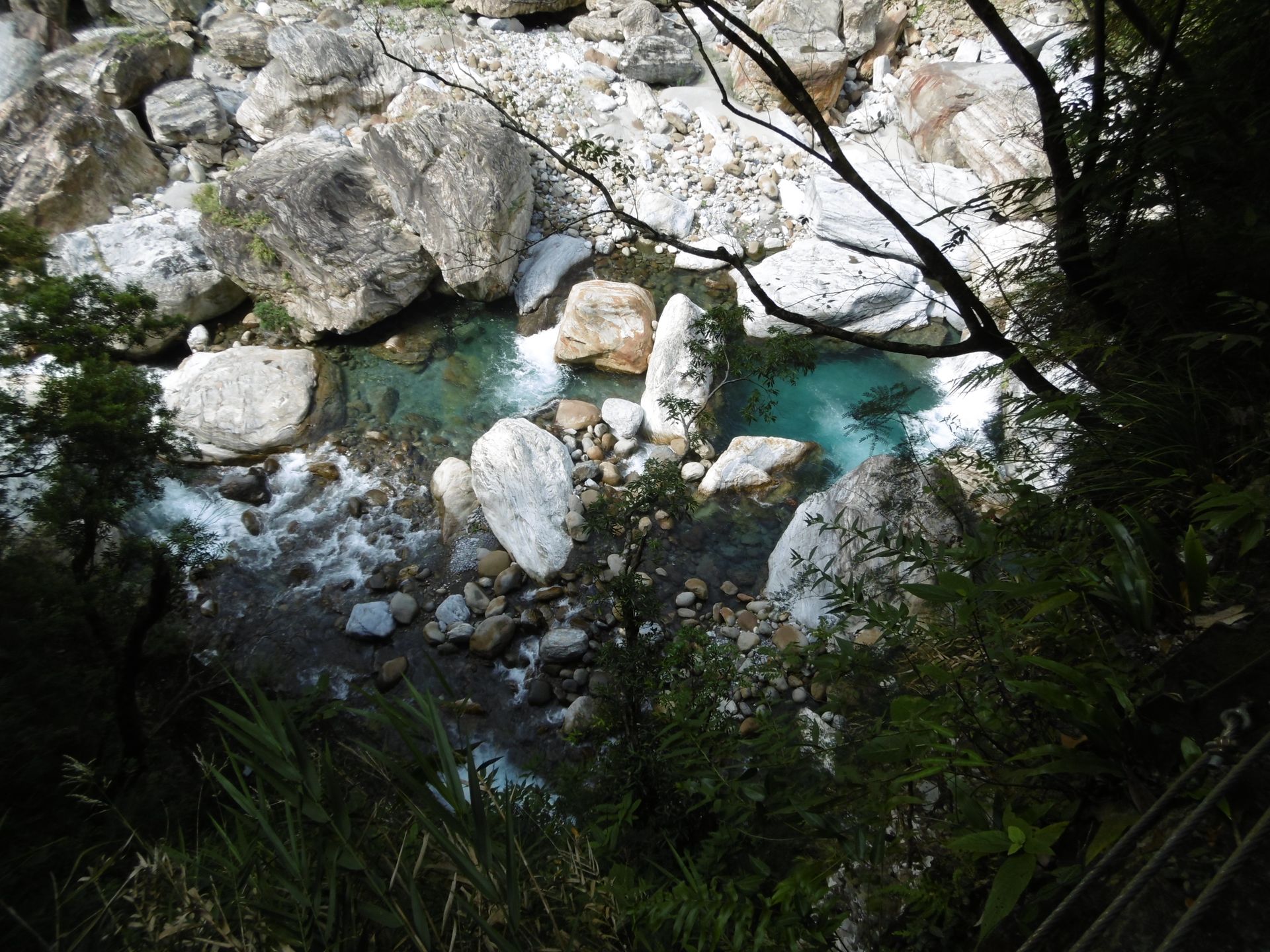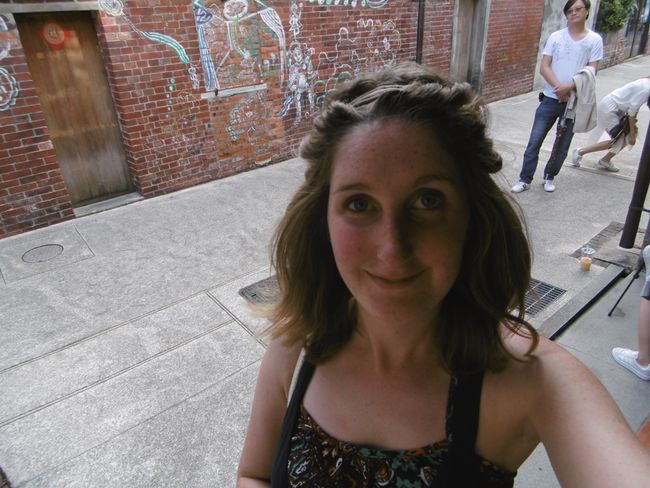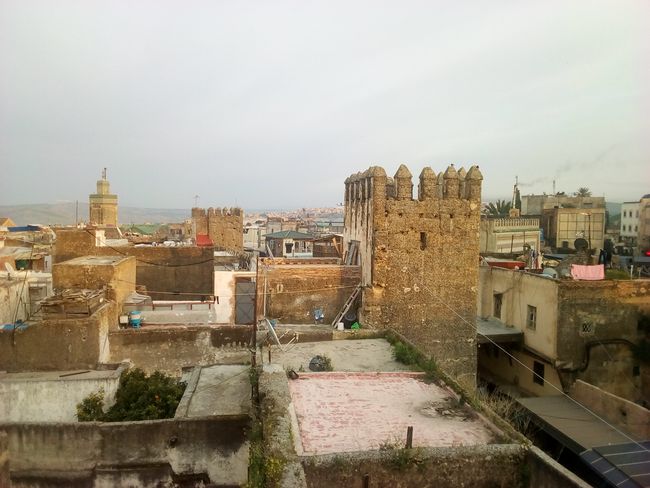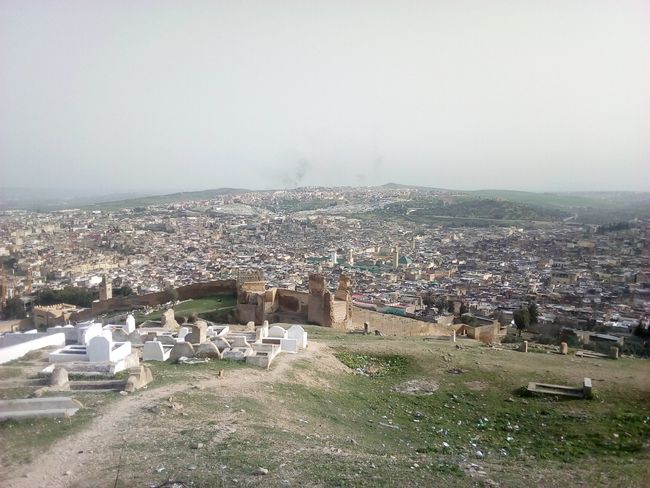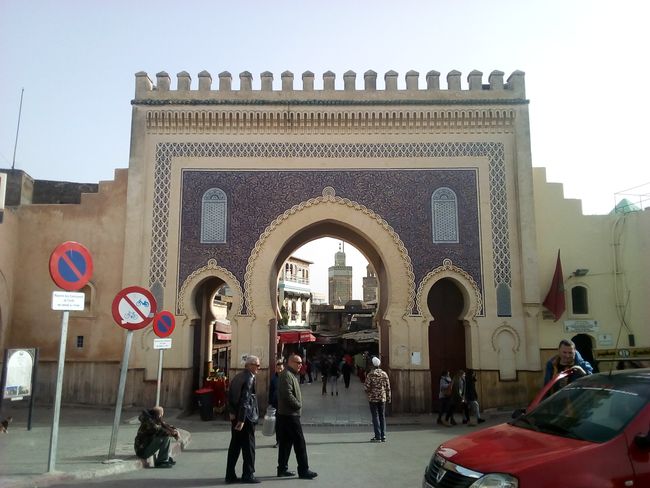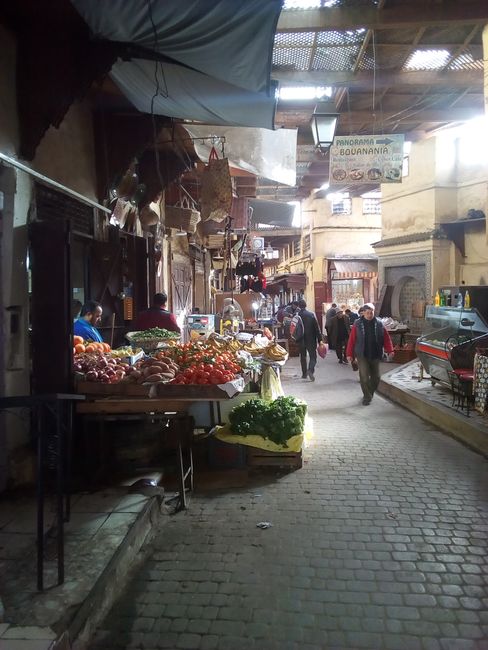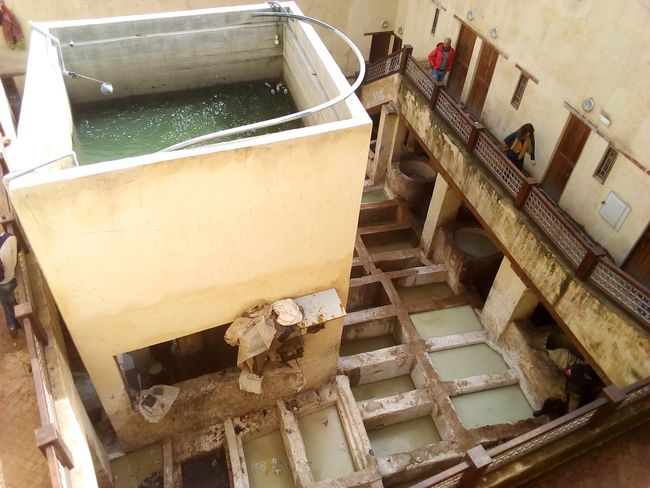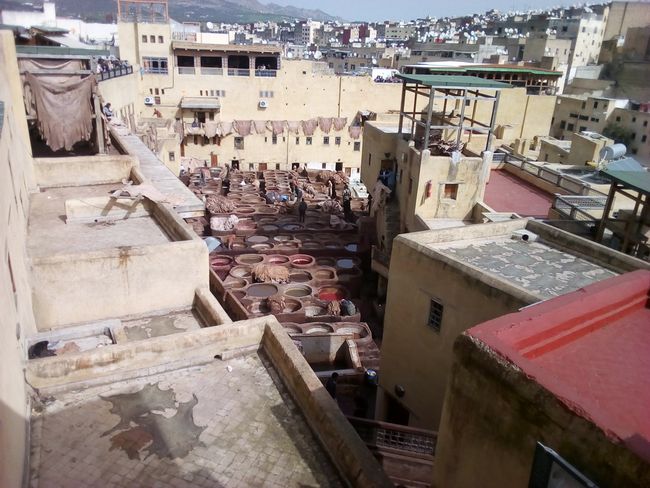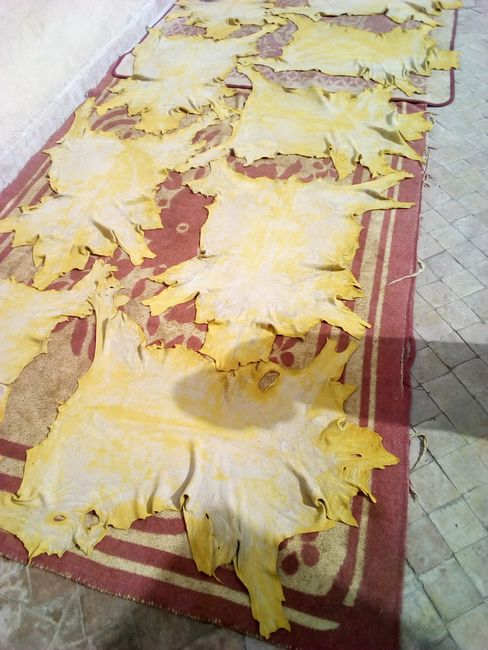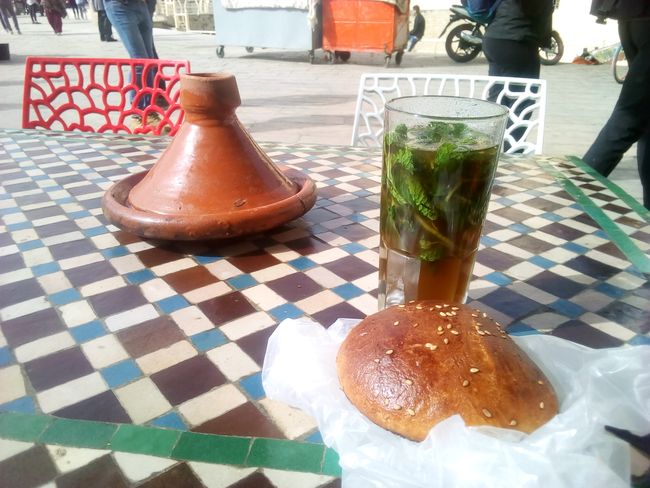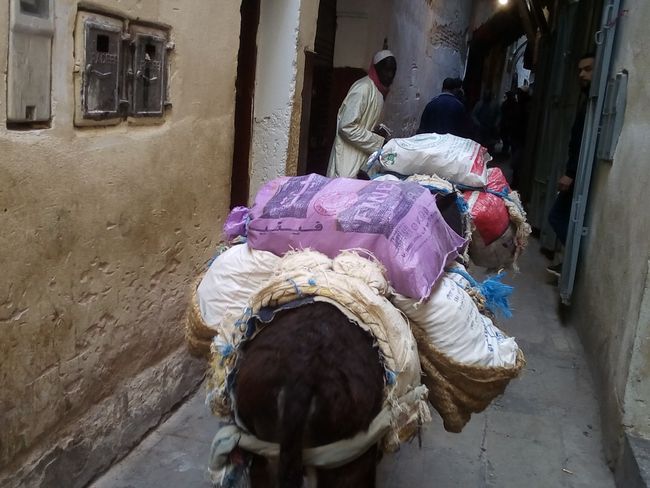Fes - Leather and Baths
បោះពុម្ពផ្សាយ: 08.04.2019
ជាវសំបុត្រព័ត៌មាន
Last stop on my tour of Morocco was Fes. It is known as the intellectual capital of Morocco, with many very old universities still in existence. The city is also known for its leatherwork and its particularly large and maze-like Medina. I was glad when I arrived that the operators of my hostel had sprayed signs on the walls of the Medina, otherwise I would not have found my way there so quickly! The hostel and the host were nice and, above all, it had a beautiful rooftop terrace.
I stayed in Fes for two days. The first day I used to explore the Medina and visit some of the attractions there. I had read so much about how easy it is to get lost there, so before my exploration I studied the map and memorized the route I wanted to take. That helped a lot and I only had to take out my phone a few times to orient myself. In every part of the Medina there is something different to discover, fruits, spices, copper processing and goods, and last but not least leather goods. From the roofs of some shops you can see (and smell) how leather is tanned and then dyed. Allegedly, only natural colors (such as saffron or mint) are used for dyeing.
My second day in Fes was quite rainy, so I decided to go to a hammam (a public bath). I had already been to one in Istanbul and therefore I knew what to expect. However, the hammam in Istanbul had been more like a spa and this time I wanted to visit one that locals also go to. I used a service from the hostel, which included the entrance fee, a massage, and a pick-up from the hostel. I initially wanted to skip the 'massage', but the host advised against it.
So I was picked up by an older gentleman who, as soon as we left the door, hurried ahead of me through the streets without looking back, so I had to almost run to keep up with him in the narrow alleys. The entrance to the hammam was inconspicuous - a door in a wall of a house that led to a staircase down to the basement. Upstairs, the gentleman collected the entrance fee and sent me down the stairs.
It led to a spacious changing room. In a small room next door, two women were peeling vegetables. I was greeted by an elderly lady (around 75 or older). It quickly turned out that the only word she knew in a language other than Arabic was 'Madame'. She gestured for me to do something, and I assumed that I should undress, which I did. After she had gathered everything she needed, she led me into the washing room.
There were already some women there, most of them in pairs. My companion scooped a few large buckets of warm water from a large heated basin, and then it began. I was the only one who was completely washed by another woman, which made me feel very uncomfortable and unable to relax properly. Additionally, my companion seemed a bit rough and in a bad mood. But maybe I misinterpreted that, because in the end she wrapped me lovingly in my towel, smiled, and kissed me on the cheek. I was almost more grateful to her for that than for the washing! After my visit to the hammam, I definitely felt very clean (no wonder, as I was scrubbed from head to toe).
And that was the end of my stay in Morocco. The next day I took an early train to Nador, a port city in northeastern Morocco. The journey there went so smoothly that I was already there by noon and had to wait for my ferry for almost six hours. Since the surroundings of the port did not look very trustworthy to me, I decided to wait in the port. However, that was a bit boring, as there was nothing except two cafes. So I waited and drank plenty of Moroccan tea...
To get on the ferry, my passport was checked at least four times (when I arrived in Spain, only one border guard took a quick look at it). As far as I could see, I was the only European on the boat. I had booked a bed in a cabin that I shared with a Moroccan woman. The bed was comfortable and so I got a few hours of sleep before waking up the next morning in front of the port of Almería.
ជាវសំបុត្រព័ត៌មាន
ចម្លើយ
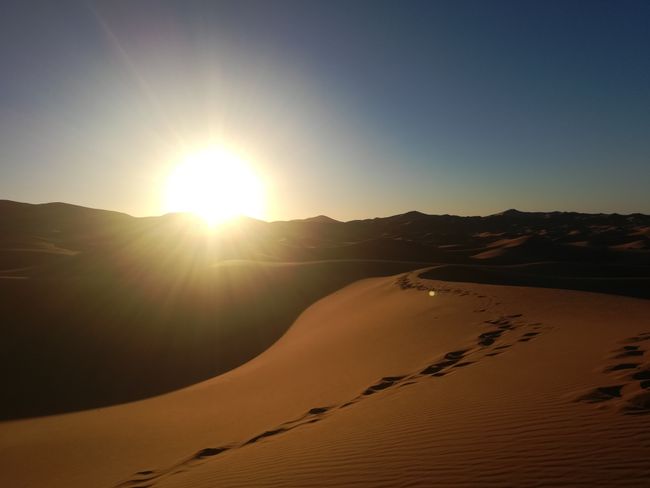
របាយការណ៍ធ្វើដំណើរ ម៉ារ៉ុក
